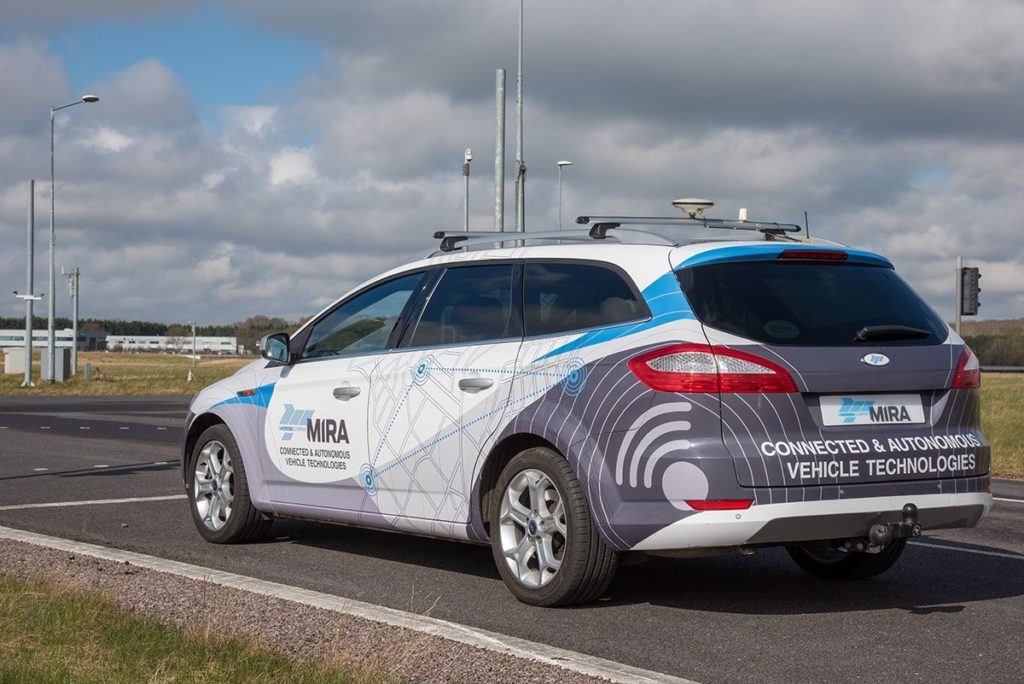With new UN regulations on automated lane keeping systems (ALKS) coming into force next year, automotive testing specialists Horiba MIRA says that the testing industry needs to adapt to an impending shift to the scenario-based design and test framework that automation technologies require. The regulations are designed to enable the safe introduction of Level 3 automation features in certain traffic environments and will apply to 60 countries including the UK, Japan and European Union member states.
Due to be introduced in January 2021, they set out strict requirements for ALKS in passenger cars, defining safety requirements for a host of scenarios including emergency maneuvers in case of an imminent collision, transition demands when the system asks the driver to take back control, as well as minimum risk maneuvers when the driver does not, in order to protect the safety of the vehicle occupants and other road users.
Welcoming the upcoming changes, Rob Capaldi, commercial manager for connected and autonomous vehicles at Horiba MIRA, said the ALKS regulations create a number of challenges for auto makers, not least a need to ensure safe system behaviours by designing for, and validating, the Safety Of The Intended Functionality (SOTIF) and the potential difficulties in defining and validating minimum risk manoeuvres.
Capaldi commented, “For example, if a vehicle is travelling at 60km/h and it encounters a hazard, the vehicle maker must define and test the safest action available. This requires a fresh perspective as there is not always one single response to emergency maneuvers – and they must ensure the vehicle can automatically react to the situation and make an appropriate decision to control the outcome of the scenario.
“Another core challenge is establishing correct application of SOTIF, which states that situational awareness in all conditions – such as dense traffic or extreme weather – is critical to ensuring safe driving under normal operation in the absence of failure. The SOTIF standards advise on the best practice to guide the design, verification and validation steps to ensure safe operation of the systems under normal operation.”
With this in mind, the company is recommending to the industry that a robust vehicle testing program – centred on scenario-based testing, simulation-based verification and validation and design for SOTIF – is essential to comply with these new regulations.
“With just under six months until the new ALKS regulations come into force, we understand that for many, this will be an area fraught with complexity. There’s no question that compliance calls for a more in-depth design and test program to prove product integrity and show that a vehicle is safe in a variety of different scenarios,” Capaldi added.
“How vehicle manufacturers do this will be dependent upon utilizing scenario-based testing, simulation-based verification and validation and be supported by physical tests to characterize and validate the simulation data.”


